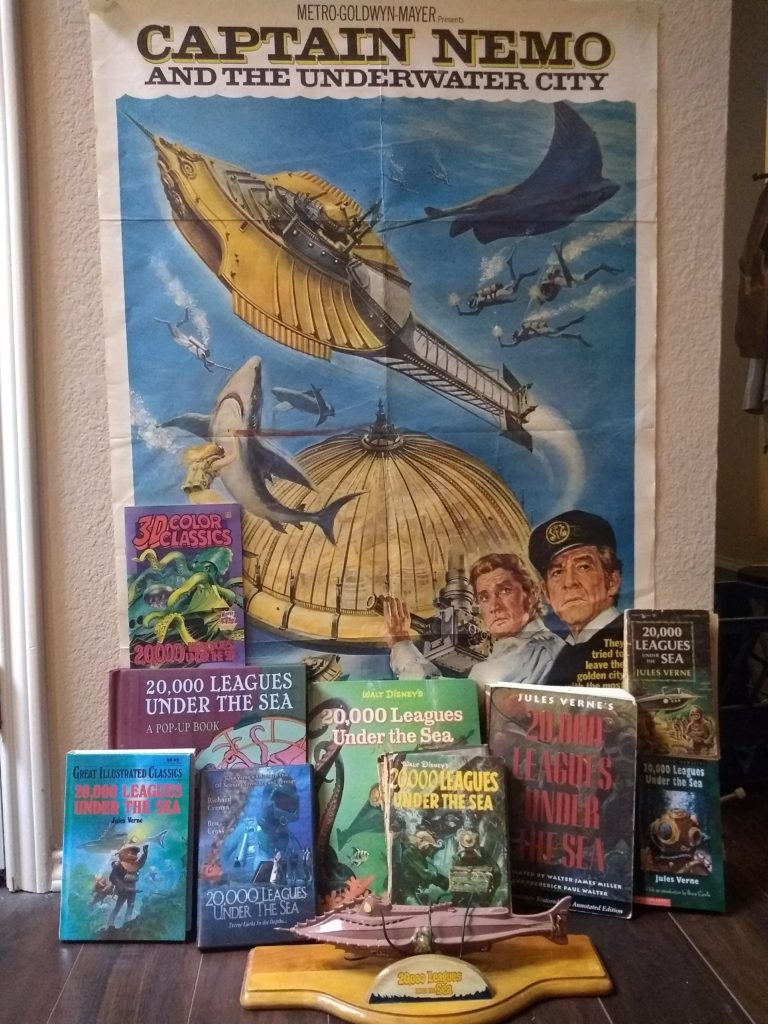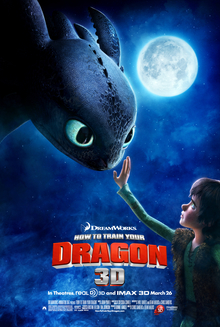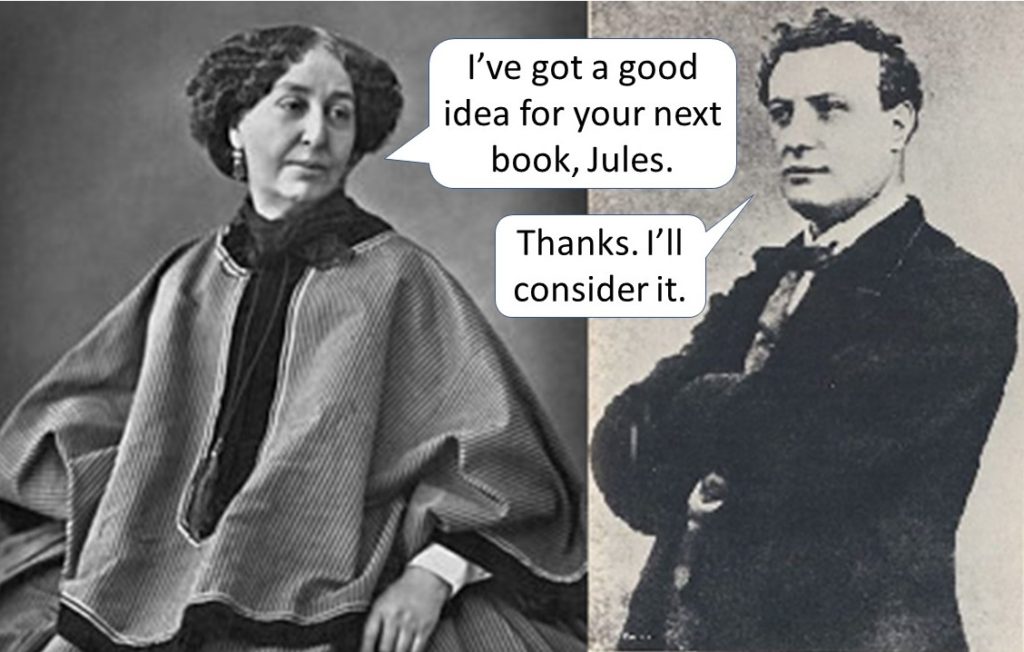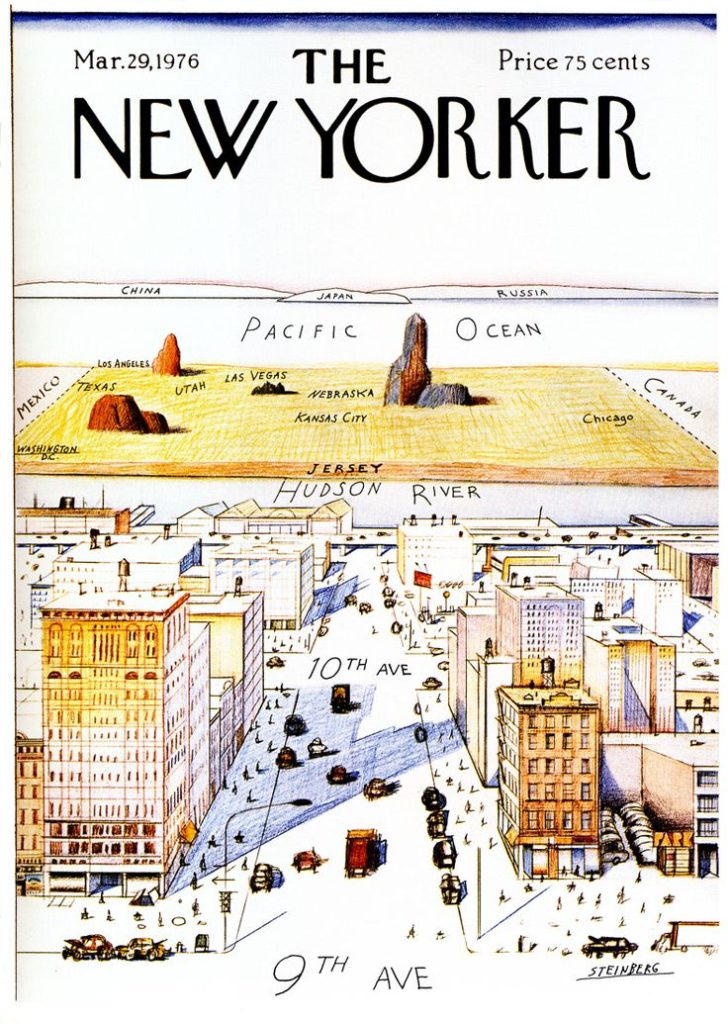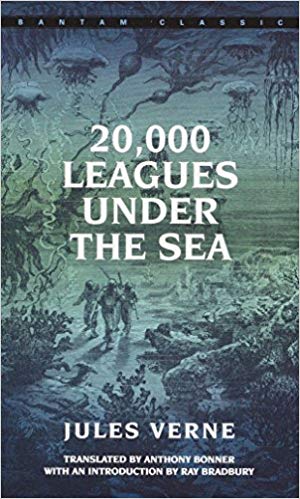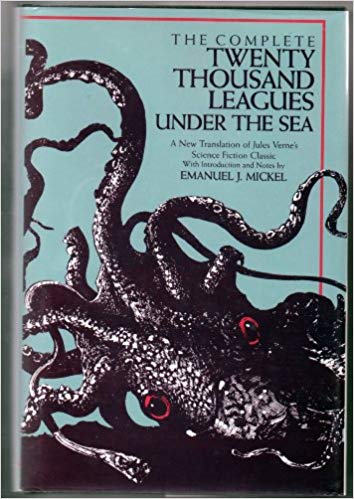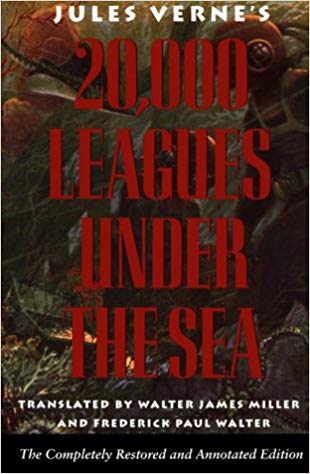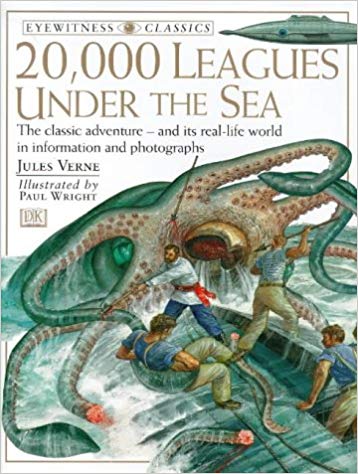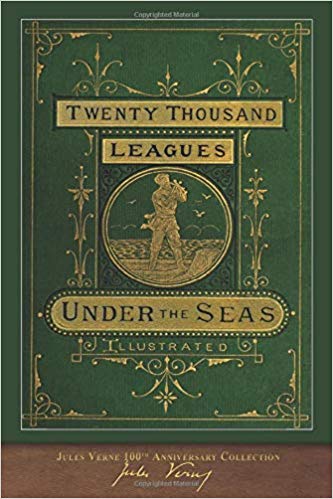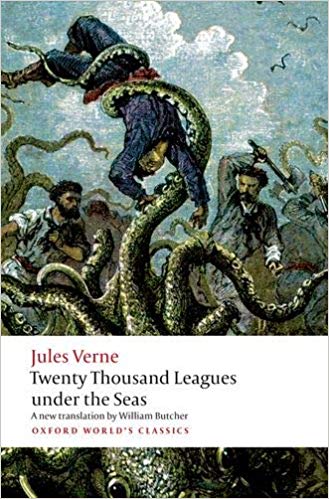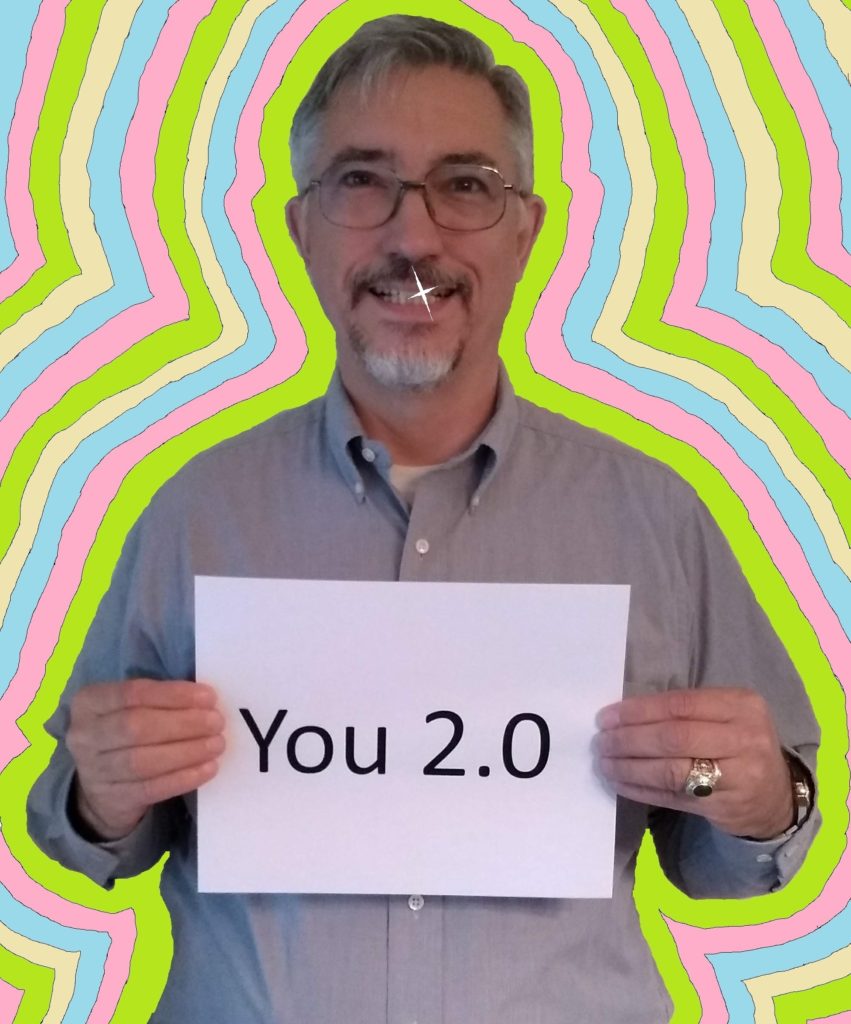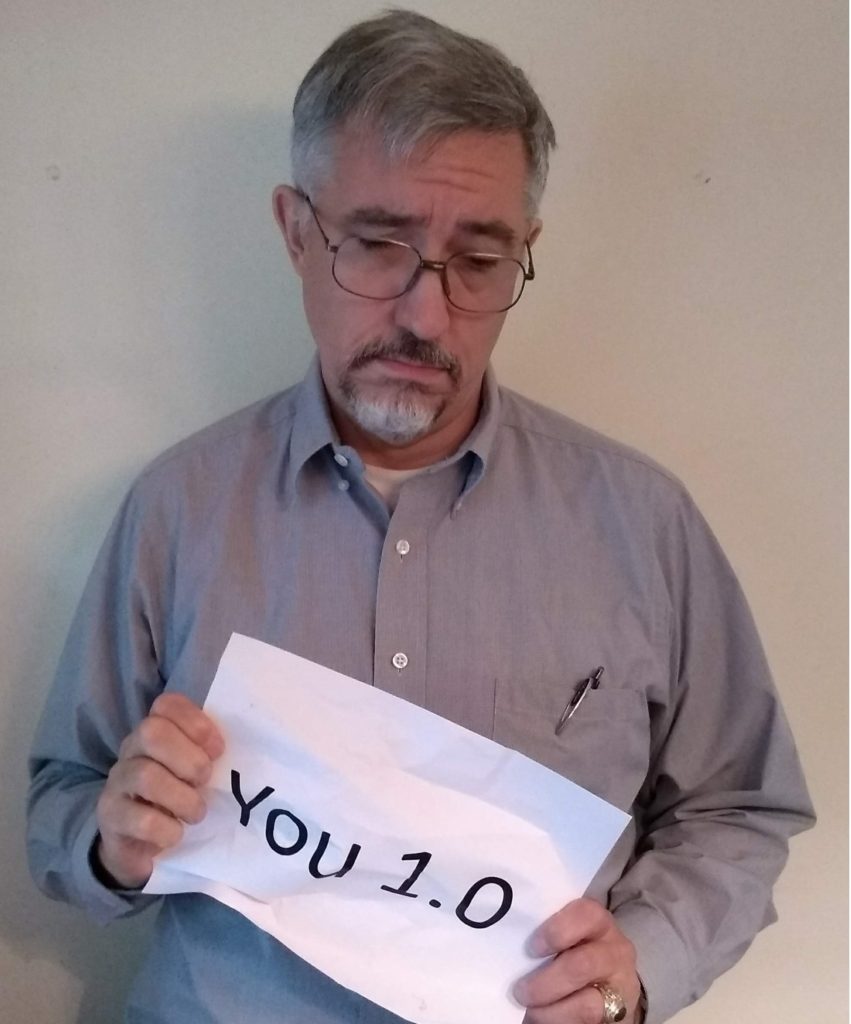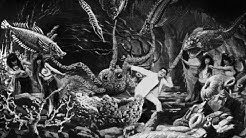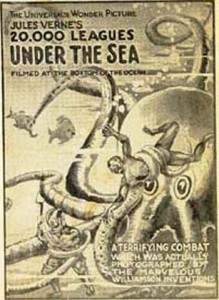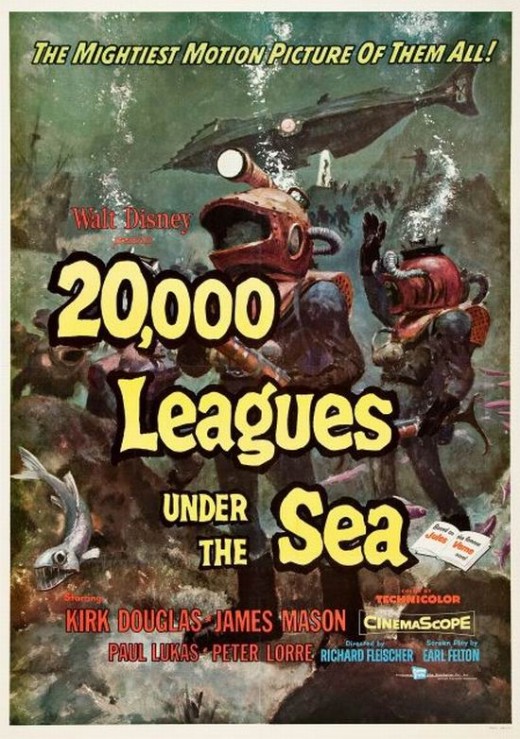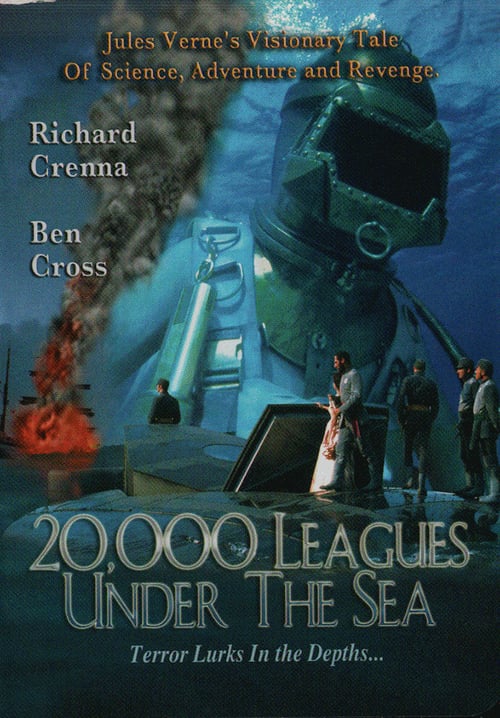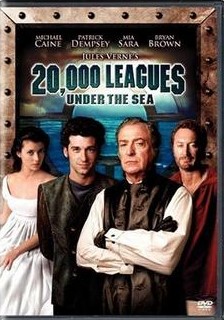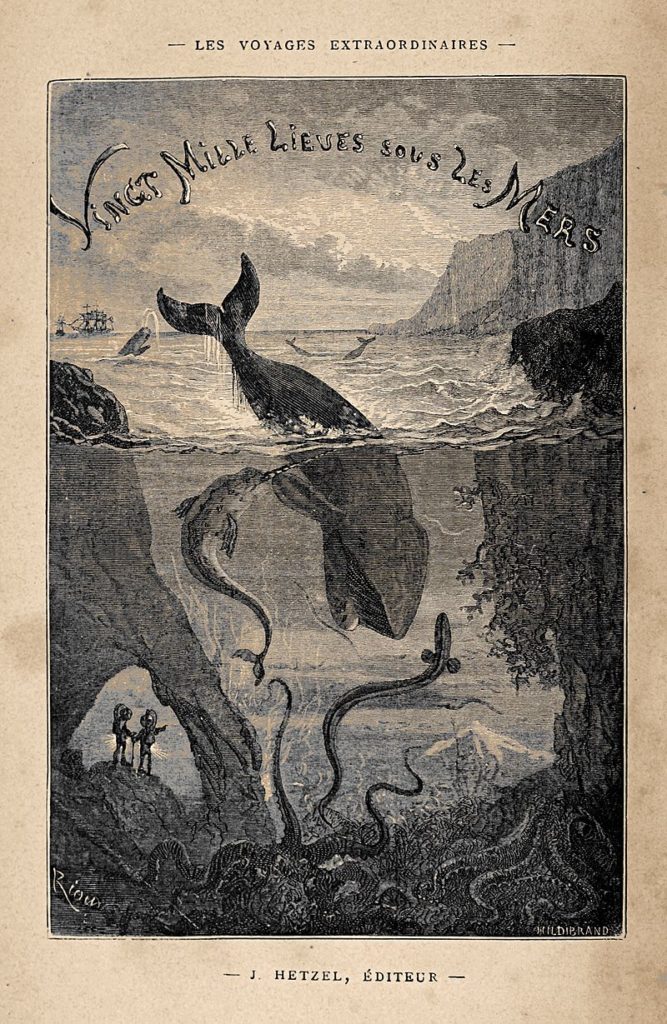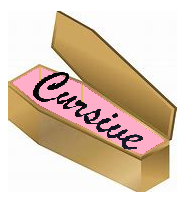Songwriter Robert Lopez once wrote, “The temptation to quit and start over infects every creative process I’ve ever been in. Frustration and boredom always fuel this self-doubt.” Let’s analyze this as it applies to writing fiction.
First of all, I think we can agree Mr. Lopez speaks with some authority about the creative process. He’s won multiple Emmy, Grammy, Oscar, and Tony awards, the only person to have done so.
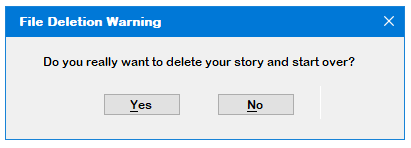
I suspect nearly every fiction writer knows the experience he alludes to. You get partway into a story, then pause and reflect on what you’ve done so far. Your story looks terrible now. You think it would be better to abandon that draft and start fresh. You’re torn between the fear that no amount of editing will improve the current version and the fear that a new draft won’t be any better.
It’s appropriate that Mr. Lopez used the verb “infects,” invoking the metaphor of viruses and sickness. The temptation to start over does seem like that—spreading inside you, overwhelming your immune system, and making you miserable.
We’ll get to the frustration, boredom, and self-doubt soon. First, let’s examine what happens initially in the process of creating a short story or novel. You come up with the idea, then add to it in your mind. Enthusiasm takes over as the mental picture of the finished work crystallizes. It’s going to be great.
You begin to write, but you find out enthusiasm is a tough emotion to sustain, certainly for a novel, but sometimes even for a short story. The words you’re writing don’t match the gloriously perfect story in your mind. Compared to that ideal vision, the real version stinks. That gap in quality between real and ideal causes the frustration.
As your enthusiasm continues to fade, you lose interest in the story and become bored with it. Your muse moves on to shinier objects and even the thought of continuing the story becomes too much to bear. You’ll do anything to avoid working on it, including the most hated household chores. In this way, boredom has fueled your self-doubt.
Now that Mr. Lopez has put his finger on a very real and universally experienced problem with the creative process, is there a solution? When these negative feelings overcome you, should you edit the draft you started with, or abandon it and start over?
I suspect it’s a very rare occasion when the right answer is to quit and start over. The real problem is, you are no longer in the right frame of mind to write well. What the situation calls for is a break. You should stop editing that story and do something else. Look at the story the next day with fresh eyes and a sunnier mood. You’ll see some things wrong with it, but just maybe the original enthusiasm will return, that zeal you felt when the story was just an idea.
Maybe you’ll decide the problem isn’t a gap between the ideal vision and the faulty reality. Perhaps the vision wasn’t so ideal after all. Don’t be afraid to alter it and work to capture the new vision. This isn’t starting over; this is making a change in light of a new realization.
Even though writers aren’t immune to the problem Robert Lopez identified, and self-doubt is bound to infect you at some point, you can pull yourself out of it. Most likely, you can salvage the draft you’re working on and won’t have to abandon it to start over.
That’s been my experience with the creative process of—
Poseidon’s Scribe

